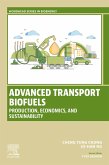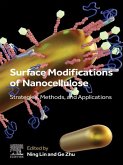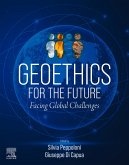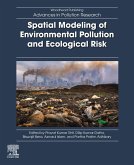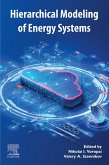Fluid inclusions are samples of paleo-fluids entrapped in minerals and can provide indispensable information about the compositions of the fluids, and the temperature and pressure conditions of the host mineral formation. The principles are well established and generally easy to understand; however, many researchers underestimate the complexities of the subject and make some common mistakes in data collection and interpretation. On the other hand, some researchers overestimate the difficulties and uncertainties in practice and tend to downplay the usefulness of fluid inclusions. Fluid Inclusion Studies aims to help readers overcome these problems by providing a comprehensive analysis of the foundational principles and demonstrating how these principles should be followed in practice, through examples of study methods and applications. This book is a powerful tool in the field of the Earth science. Fluid Inclusion Studies aims to provide a practical guide for beginners of fluid inclusion study and includes chapters that highlight the diverse applications of fluid inclusions in a wide variety of geologic settings and processes. - Includes down-to-earth discussions of common pitfalls in fluid inclusion studies allowing scientists to avoid mistakes in actual studies - Features a problem-oriented approach that makes it easy for scientists to pinpoint problems and solutions - Includes various applications of fluid inclusions, from mineral and oil-gas deposits, through magmatic-hydrothermal, sedimentary- diagenetic and metamorphic systems, structural analysis, to environmental studies
Dieser Download kann aus rechtlichen Gründen nur mit Rechnungsadresse in A, B, BG, CY, CZ, D, DK, EW, E, FIN, F, GR, HR, H, IRL, I, LT, L, LR, M, NL, PL, P, R, S, SLO, SK ausgeliefert werden.




